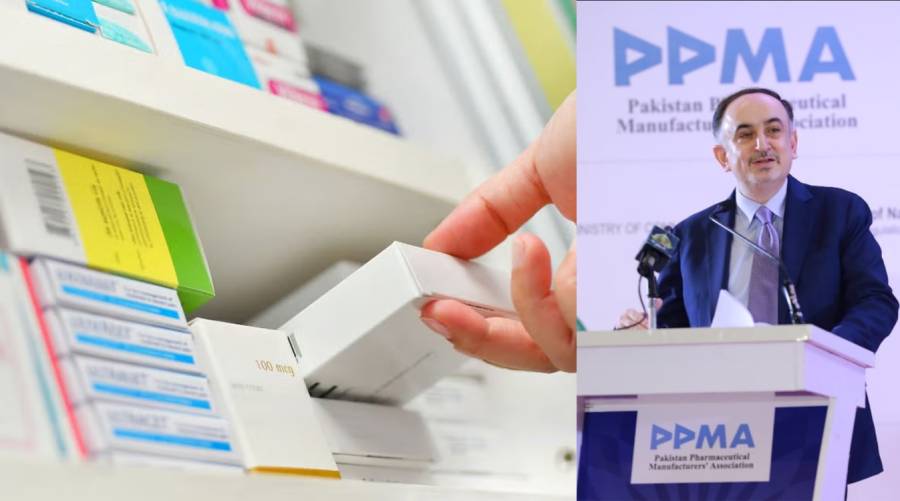The Pakistan Pharmaceutical Manufacturers Association (PPMA) asserts that deregulating prices for non‑essential medicines has stabilized supply without triggering uncontrolled price hikes. The policy allowed manufacturers to align prices with rising production costs and inflation, enabling previously unavailable drugs to return to the market.
Local production lines—including insulin, antibiotics, and cardiac medications- have resumed after being stalled by outdated price caps, making medicines more widely accessible in urban and rural pharmacies. The deregulation model is rooted in sustainability: manufacturers can now price medicines profitably rather than risking exit from the market.
According to the PPMA, price increases are not arbitrary, but reflect adjustments for “hardship” cases, instances where cost caps made production unviable. Many companies retained reasonable and competitive pricing, preventing undue financial burden on patients.
PPMA Chairman emphasized, “The most expensive medicine is the one that isn’t available.” By lifting unrealistic price ceilings, medicines costing Rs 3 per unit could now be priced at Rs 6, enabling a return to production and affordable access for patients.
Early evidence reports consistent recovery of supply, with critical medications reappearing after long shortages. Non‑essential acquisitions are now flexible, while over 460 essential drugs remain under controlled pricing to ensure the affordability of life-saving treatments.
Market feedback indicates renewed confidence among multinational manufacturers, many of whom had considered scaling back operations in Pakistan. With improved regulatory clarity and production viability, several are re-evaluating their presence in the local market.
While some price increases have occurred, especially for chronic disease drugs, these reflect normalization of hardship cases and the cost of inputs. Industry-led self-regulation via PPMA aims to discourage profiteering and advocate responsible pricing behavior.



Comments (0)
No comments yet. Be the first to comment!
Leave a Comment